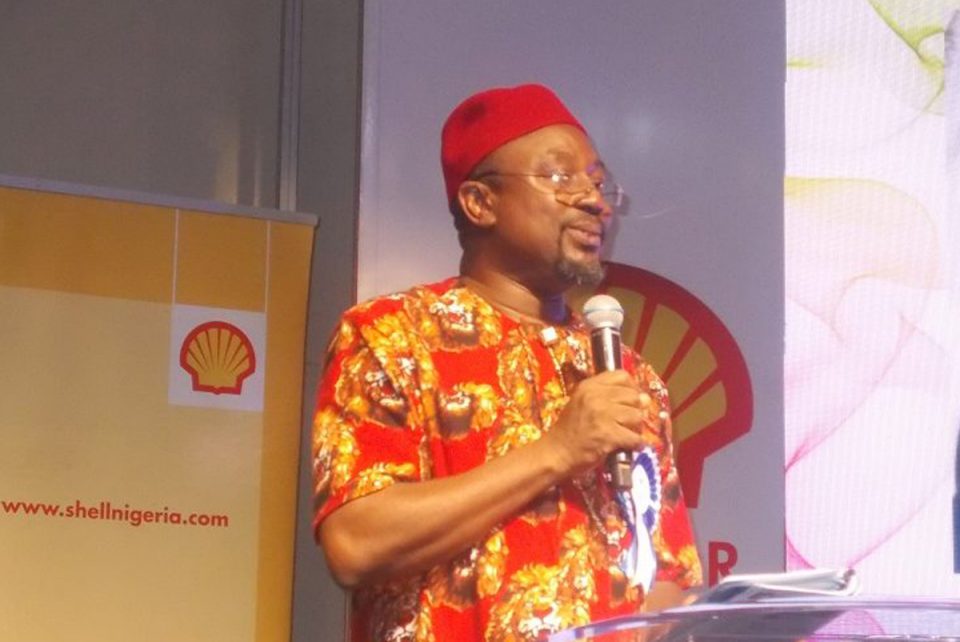Mr Joe Nwakwue, an expert in the petroleum sector has recommended the priviatiosation of Nigerian National Petroleum Corporation (NNPC) to ensure efficiency and attain maximum profit of the oil sector.
Nwakwue, former Chairman, Society of Petroleum Engineers (SPE) made the recommendation while addressing National Assembly reporters at a workshop on Petroleum Industry Bill (PIB) in Abuja.
The PIB is at its final stages of lawmaking process in the National Assembly after going through public hearing last month.
Nwakwue said though the PIB recommends commercialisation of the NNPC, only privatisation would yield the desired result.
“Yes at the first step, you need to commercialise but I still think that the efficiencies we desire will not come simply from commercilisation.
“I think we need to privatise certain components of the NNPC, bring in the private sector; I come from the private sector, I have spent time in the towers, I know how they work, you cannot compete,” he said.
The expert said that the current system in the NNPC would not allow it compete effectively in the market.
According to him, government is not set up to run any business, adding that no business entity run by government had been competitive.
Nwakwue made a case for the involvement of private sector capital and private sector practitioners to be given certain roles to play.
“If you do not unbundle the entity and have clear business mind and bring in private sector; the issues we have today is that NNPC is having to do things and does not have the money and it is bringing in the same private people.
“They borrow money, get private people to come and do it, it wants to do a project, the same thing, NNPC is borrowing, NNPC does not have the balance sheet to do anything.
“Why not formalise that process, rather than keeping 100 per cent of the NNPC, let’s keep our share and sell the rest to an operator or an entity that can come in with capability? We will still make money.
“If you are keeping a national asset and it is running in losses year after year then it is not okay because it does not serve the purpose.
“Unless you want to run it like a social service to deliver social goods but if you want to run profitable business, you must go beyond commercialisation,” he said.
Speaking on the House Community component of the PIB, Nwakwue said that it had been one of the major clogs in the wheels of passing the bill over the last 20years.
He said that there was need for the host communities to come together and clearly define their position.
“It is important that the host communities do not feel left out, it is important what their issues are properly addressed but we need to understand what those issues are.
“All these emotions by coming to fight in the house does not help; I am really frustrated with the attitude of the host communities themselves.
“You cannot come as a victim all the time, you need to be clear in what you are looking for part; every part of this country has a development challenge, my village needs development too.
“We need to properly situate what the problem is and find the right answers, all the emotions do not help, it beclouds the issues.
“Do you want a solution or do you want palliative? If you get palliative, it is only for as long and then we will have problems again and then we start talking again and that is what we have done,” he said.
Nwakwue said that Nigeria had lost over $200 billion in investments in the last 20 years because of the non-passage of the PIB.
He urged host communities, lawmakers and all other stakeholders to come together to pass the PIB for the common good of the country.




